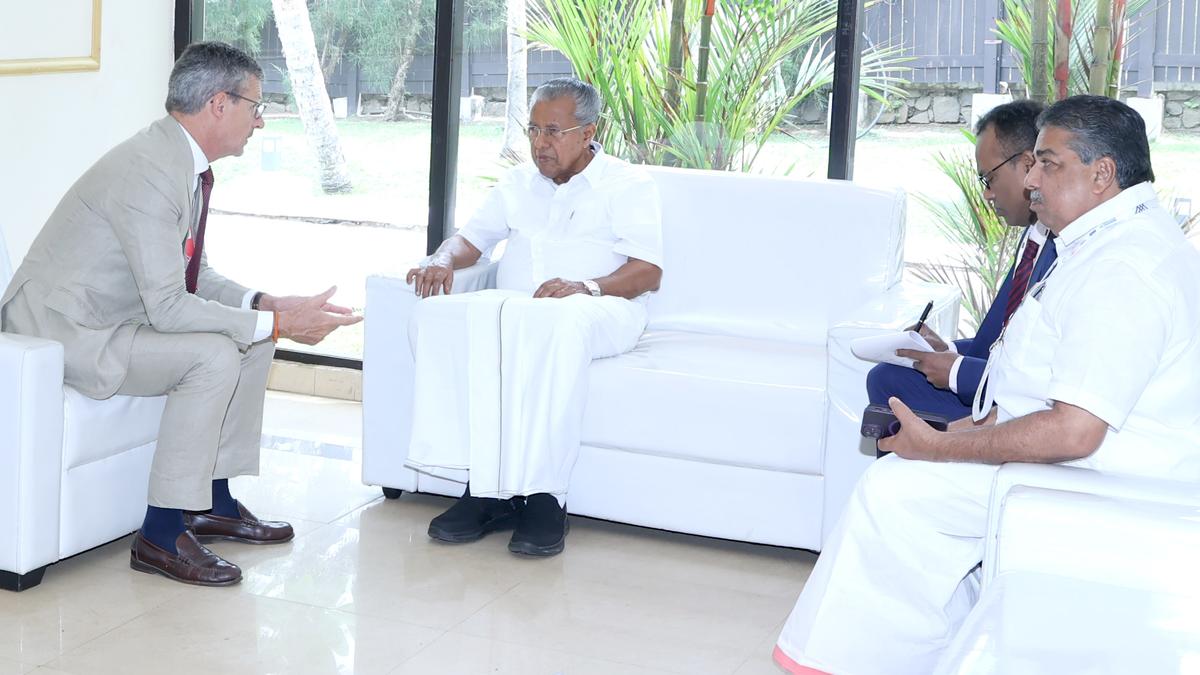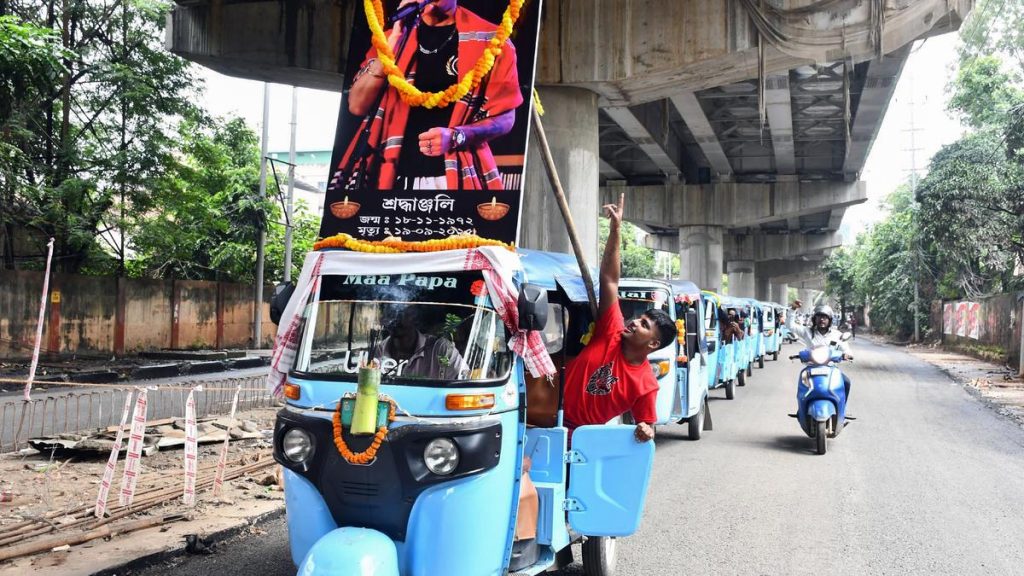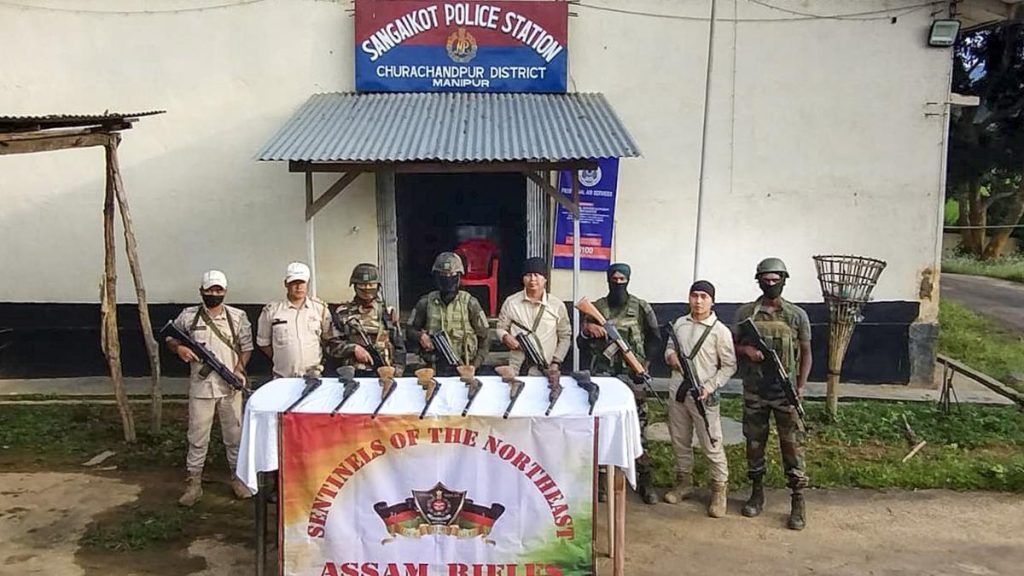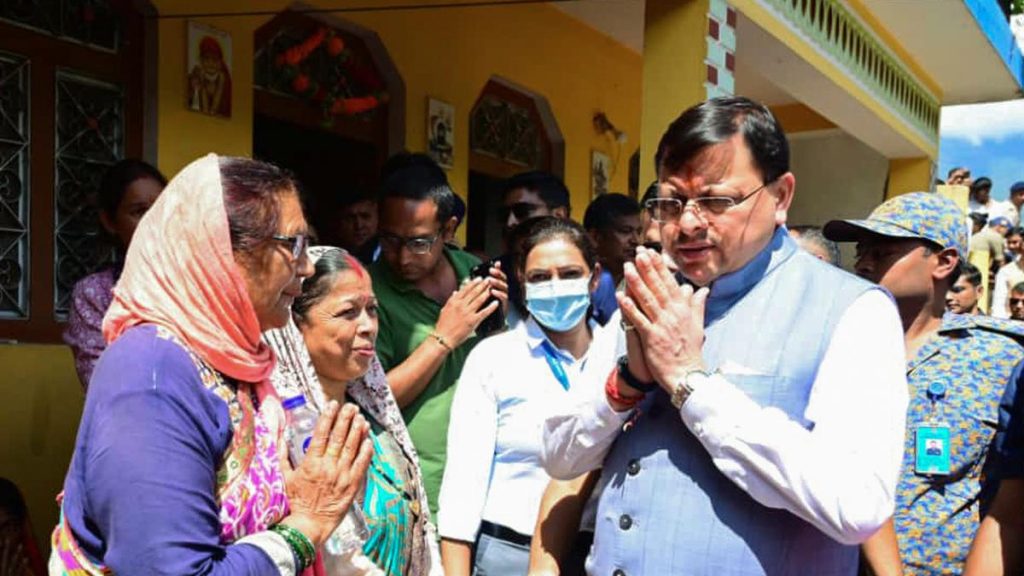Now Reading: Kerala Explores EU Partnership to Boost Fisheries Sector: CM
-
01
Kerala Explores EU Partnership to Boost Fisheries Sector: CM
Kerala Explores EU Partnership to Boost Fisheries Sector: CM

quick Summary
- Kerala Chief Minister Pinarayi Vijayan emphasized KeralaS commitment to the Blue Economy vision, integrating economic growth with sustainability.
- The state sees notable potential in collaborating with the European Union (EU) to expand opportunities for its fisheries sector.
- The kerala-European Union Blue Economy Conclave, named “Blue Tides,” was inaugurated by Mr.Vijayan and organized by the Fisheries Department in Kovalam on September 18-19, 2025.
- CM Vijayan highlighted EU’s global leadership in marine technologies,ocean governance,and sustainability frameworks as valuable assets for partnership.
- He described the conclave as a crucial milestone aimed at fostering cooperation and innovation across continents.
- Collaboration models were proposed not only for regional benefit but also with global relevance in mind; emphasis was placed on shared aspirations like prosperity and human progress.
- Leaders including Union Minister Rajiv Ranjan Singh and EU Ambassador herve Delphin participated. Othre dignitaries included State Ministers, officials of EU nations, ambassadors, and senior representatives.
- The conclave occurs amid challenges faced by Kerala’s seafood industry from U.S. import tariffs on Indian products.
Indian Opinion Analysis
The “Blue Tides” initiative marks an significant step toward diversifying Kerala’s economic strategies while addressing environmental priorities through lasting practices.By leveraging its historic maritime links with Europe alongside modern partnerships centered on blue economy principles such as ocean technology leadership and resource conservation standards, Kerala aims to reposition itself strategically amid international trade challenges.
This collaboration could boost Kerala’s fisheries sector-offering increased market access globally-and provide local entrepreneurs better infrastructure tailored around sustainability benchmarks established by the EU.However, overcoming existing trade barriers such as U.S.-imposed tariffs requires strategic alignment of both policy efforts within India and collaborative measures externally through European partnerships.
While symbolic at this stage-the success of such engagements will likely depend on how effectively proposals translate into actionable results for fisherfolk livelihoods or policy shifts catering to emerging green economy demands worldwide.
Read More: The Hindu

























